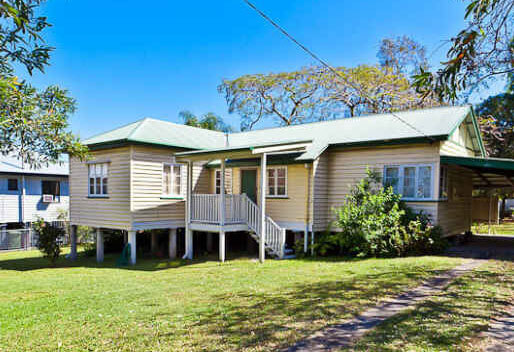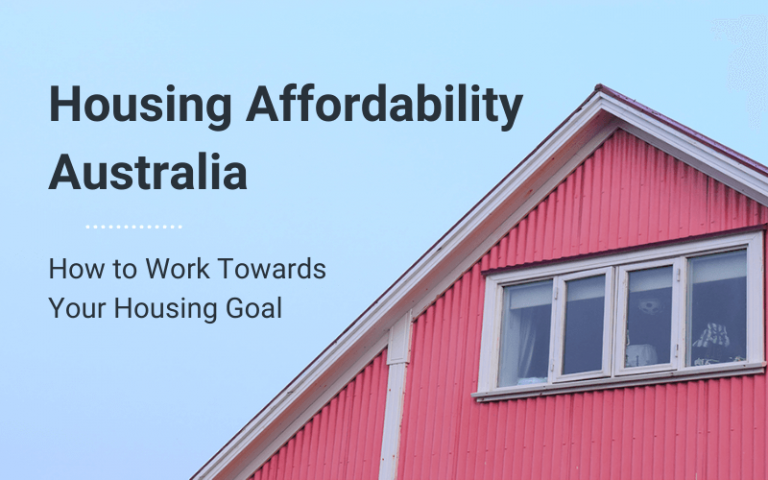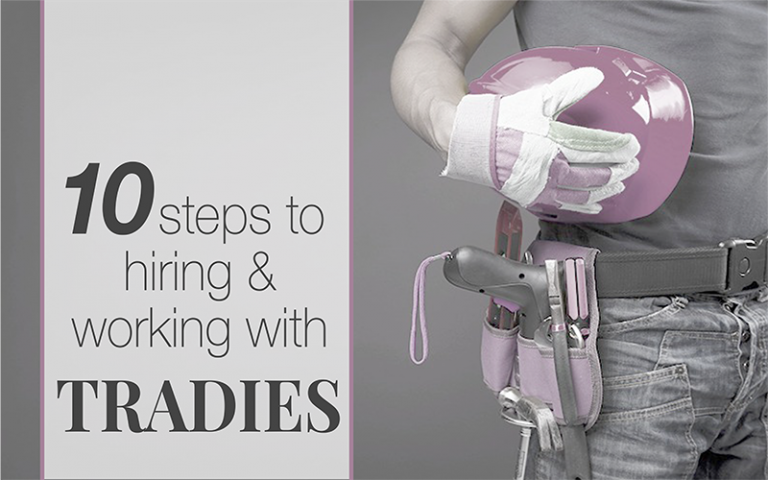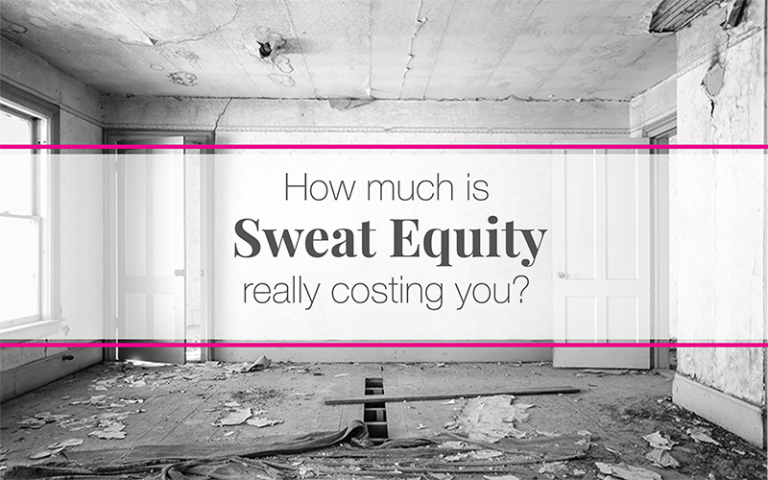There is nothing like getting out on site, seeing work in action and talking to other women who has a passion for investing (and renovating) to really spark up the property investing bug.
I visited a friends renovation on the weekend and came away with a lot of useful tips and information and even though we all have probably heard this stuff before, it doesn’t hurt to hear it again (and again and again). As we have just kicked started 2013, I’ve compiled a somewhat random list of the top 13 investing tips that I gained from this weekend:
13 General Property Investing Tips
-
Do all your Figures on Worse Case Scenario
Working off conservative figures will ensure there are no disappointments and you are entering all deals with realistic expectations about what you can achieve and what you can cover financially. Anything above and beyond is icing on the cake.
-
Re-Think Every Cent you Spend on your Renovation
Chances are you won’t have an endless supply of funds to complete your renovation. All successful renovators have a budget and they stick to it. Write a full list of what is required in the renovation and allocate your funds only to where you are going to get the best return on investment. And stick to your budget!
-
Ask for a Discount
When it comes to getting quotes from trades and suppliers, always ask for a discount. What is the worse that can happen? They say no! But you will never know unless you ask. It may be that a trade may be willing to do the job cheaper if it fits into their schedule or they are doing another job nearby. They also may be willing to trade services for free advertising. For example, if you have property on a main road, ask for work in return for advertising on the fence for a set amount of time.
-
Don’t get Caught Up Looking for the Best Deal
Don’t get caught in the trap of trying to find the absolute best deal before you begin investing…just begin! The biggest and hardest step in property investing is the first step. Everyone has to start somewhere. You just have to start.
-
Stick to One Suburb
When it comes to research, choose one suburb and stick to that suburb. Don’t suburb hop as you will just get confused (which in turn will just be another excuse not to take the leap). The more knowledge you know about one suburb will make it easier to know what are the good deals and what are not. If you do want to spread out a bit more, then research the adjoining suburb. Try to stick to no more than 3 adjoining suburbs.
-
Become a Research Queen
Research is the absolute key to knowing what is a good deal and what is not. There a plenty of tools out there to help you find out sales figure, rental returns etc. Drive and walk around the suburb or use Google Street View if you are not nearby. Check the council website for any development application. Call a few of the local business and ask about the area. Again, what is the worse that can happen? They say no!
-
Keep it Clear and Legal
Be clear about your goals and intentions. Know what you are doing, how long it will take you and what your exit strategy is. If you are undertaking a Joint Venture, make sure it’s all legal and each party is clear in what their role is and what the outcome will be. Make sure all parties are clear about their financial obligations and limitations.
-
A Styled House will Sell Better
A little planning and budgeting for furniture and items to style a house will go a long way. Not everyone can visualise furniture in the space, especially in an empty space. Adding furniture and accessories will help sell a house. If you budget doesn’t stretch to buying furniture, have a look at renting options.
-
Surround Yourself with Wise People
Property Investing is not a new fad, so it’s fair to say that there are people out there that know more about property investing than you do…and that’s ok, we all have to start somewhere. Find people that have done what you want to do and join their circle. Not only will you learn but you will also be motivated.
-
Be Organised
Investing in property involves a lot of time researching property, and it also involves a lot of time gathering and compiling information. Finance, Tax, Settlement, Renovations. They all involve gathering information and either distributing it where it needs to go or using it to better manage your project. Having all your documents organised will save a lot of time and headaches. If your renovating, have your scope of work, time line, trades & suppliers all lined up ready to go as soon as the property settles. Any blowout to your time line will quickly see the budget blow out.
-
Consider the Cost of your Own Time
How valuable is your time? Are you really saving money by doing all the work yourself. Sure, there are things that can be done easily that will save you money if you do it yourself. But there are other things that may end up costing you more than if you got a professional in to do it. Is it really worth painting a house yourself if it takes four times as long as a professional?
-
Consider the End Result
Cheap does not (and should not) have to result in ‘nasty’. There are so many places where you can source quality products for a low price. You may have picked up good quality tiles at a bargain price and thought ‘I can install them myself to save some money’. But unless they are installed right, it won’t be much of a bargain. If it looks dodgy to you, it will look dodgy to everyone else.
-
Factor in Everything
Make sure you have factored in every situation. You don’t want to be surprised by hidden (or overlooked) costs. Make sure you allow for interest rate rises, allow a buffer in your renovation costs, Check all legal requirements and if in doubt ask for advice. The best way of overcoming a fear of the unknown, is making sure there are NO unknowns.
So there you have it…13 General Property Investing Tips for 2013.
I hope that 2013 brings you great investment opportunities.












